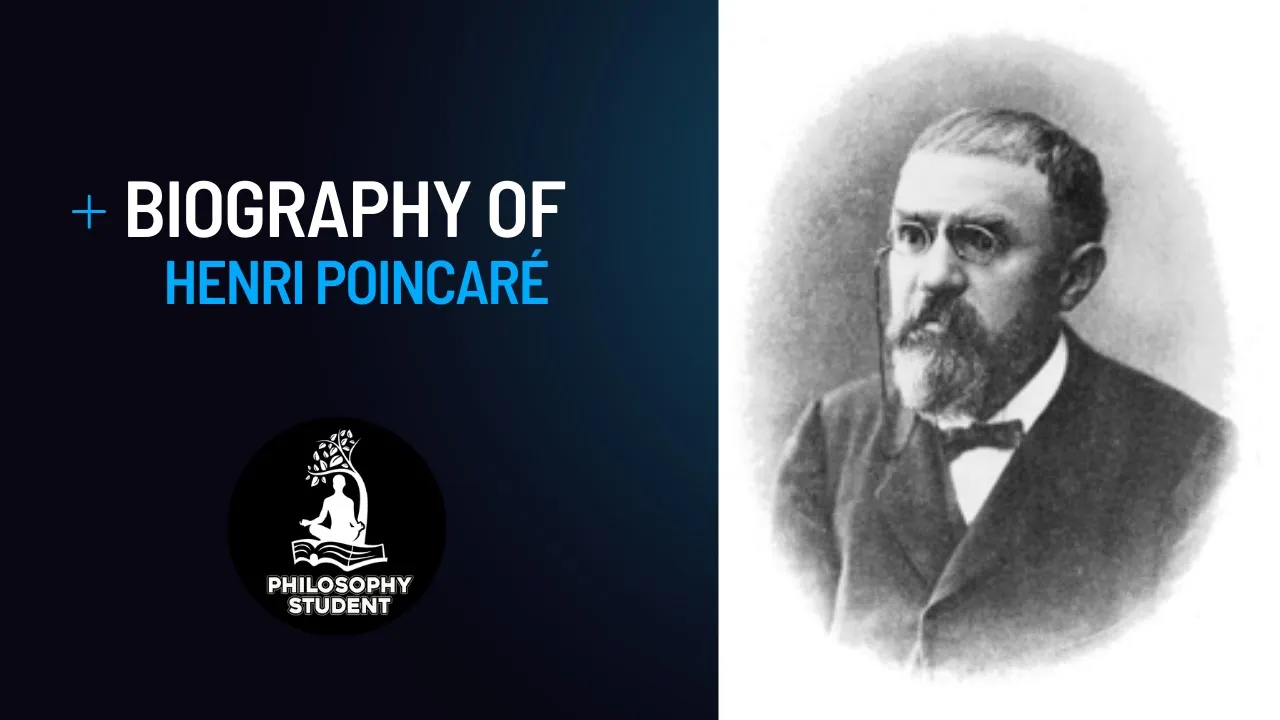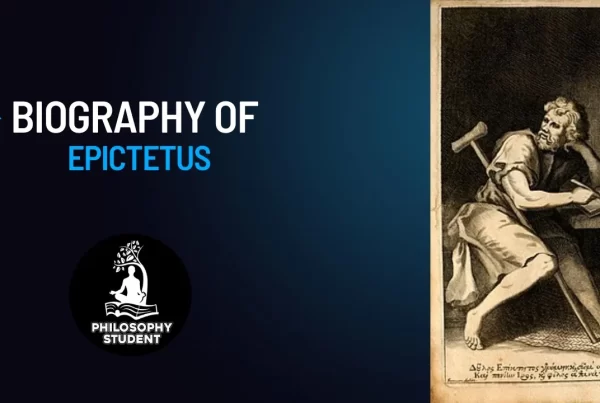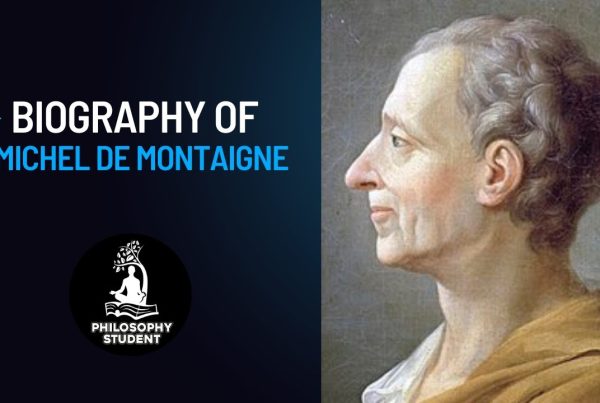Henri Poincaré has been called the “last polymath.” Although he is most celebrated for his fundamental contributions to mathematics, he was also a theoretical physicist and a philosopher, with emphasis on the philosophy of mathematics and science.
As a philosopher of mathematics, Poincaré criticized logicism—the idea that mathematics is merely an extension of logic and is therefore both modeled on and largely or wholly reducible to logic. To this he opposed a form of intuitionism, arguing that the essence of mathematics is internal constructive human mental activity rather than the discovery of external principles inhering in objective reality. More accurately, perhaps, Poincaré may be credited with attempting to navigate a third way, between the extremes of logicism and intuitionism. Related to this is his articulation of the concept of geometric conventionalism, in which he argued that geometric theories do not express inherently true or false propositions. Along with this, he rejected Euclidian geometry to the extent of arguing that it should not be taken as an a priori truth. Rather, he advocated a pragmatic view in which geometric axioms should be embraced only for the results they produce rather than for their apparent correlation with human intuitions about the external world.
Jules Henri Poincaré was born on April 29, 1854 in Nancy, France, where his father was a professor in the School of Medicine at the University of Nancy. In 1873, Poincaré entered the École Polytechnique, from which he graduated in 1875 and entered the École des Mines. He briefly became a mine inspector, but soon left after being hired to teach differential an integral calculus at the University of Caen. In 1880, his paper on the theory of differential equations won the grand prize in mathematics of the Academy of Sciences in Paris. The work was based on non-Euclidian geometry, at the time a wholly speculative field, and in 1881 he was appointed to the faculty of sciences at the University of Paris. Here, he was given the chair of mathematical physics and probability (1886) and the chair of mathematical astronomy and celestial mechanics (1896). In 1902, he was appointed professor of theoretical electricity at the Bureau de Poste et Télégraph and, two years later, became professor of general astronomy at the École Polytechnique.
In 1889 Poincaré earned lasting renown—and won a prize from the King of Sweden—for his work on the stability of the solar system, in which he showed that the three-body problem of classical mechanics is not integrable. That is, its general solution cannot be expressed in terms of unambiguous coordinates and velocities of the bodies. This breakthrough was recognized as the most important insight into celestial mechanics since Isaac Newton. Moreover, the three-body problem paper has proven critical to the field of topology and is considered a founding document in chaos theory.
Poincaré, a member of the French Academy of Sciences since 1887, became its president in 1906 and, two years later, was elected to the Académie Française. He died on July 17, 1912 in Paris from a surgical complication. His cousin, Raymond Poincaré, was the president of the Republic of France during the eventful period of 1913 to 1920.




































